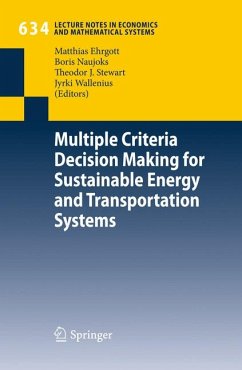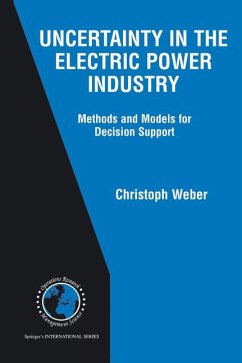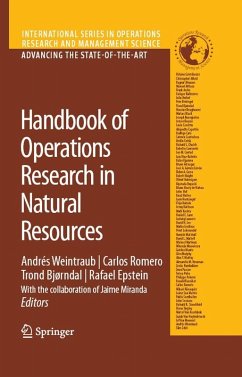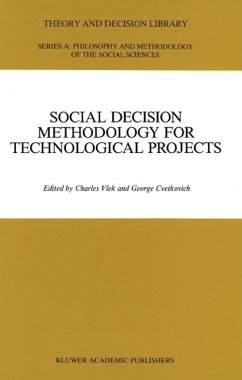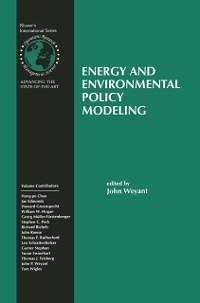
Hydropower Economics (eBook, PDF)
Versandkostenfrei!
Sofort per Download lieferbar
104,95 €
inkl. MwSt.
Weitere Ausgaben:

PAYBACK Punkte
52 °P sammeln!
With so many world problems related to energy and energy consumption, this timely book examines sustainable alternate energy sources, beginning with modeling hydropower and extending the model to include thermal power and wind power. The book uses various econometric measures, equilibrium metrics, OR methods, and DEA/productivity analyses to analyze and model the optimal use of these alternate energy sources. Because these problems are dynamic in nature, dynamic methods are used to model the problems. The book derives its results on the allocation of the amounts of alternate sources of energy ...
With so many world problems related to energy and energy consumption, this timely book examines sustainable alternate energy sources, beginning with modeling hydropower and extending the model to include thermal power and wind power. The book uses various econometric measures, equilibrium metrics, OR methods, and DEA/productivity analyses to analyze and model the optimal use of these alternate energy sources. Because these problems are dynamic in nature, dynamic methods are used to model the problems. The book derives its results on the allocation of the amounts of alternate sources of energy (water, thermal, and wind) required to produce electricity at acceptable levels over time. Graphic illustrations of the analytical and mathematical modeling used to reach research conclusions are used throughout the book.
Dieser Download kann aus rechtlichen Gründen nur mit Rechnungsadresse in A, B, BG, CY, CZ, D, DK, EW, E, FIN, F, GR, HR, H, IRL, I, LT, L, LR, M, NL, PL, P, R, S, SLO, SK ausgeliefert werden.




